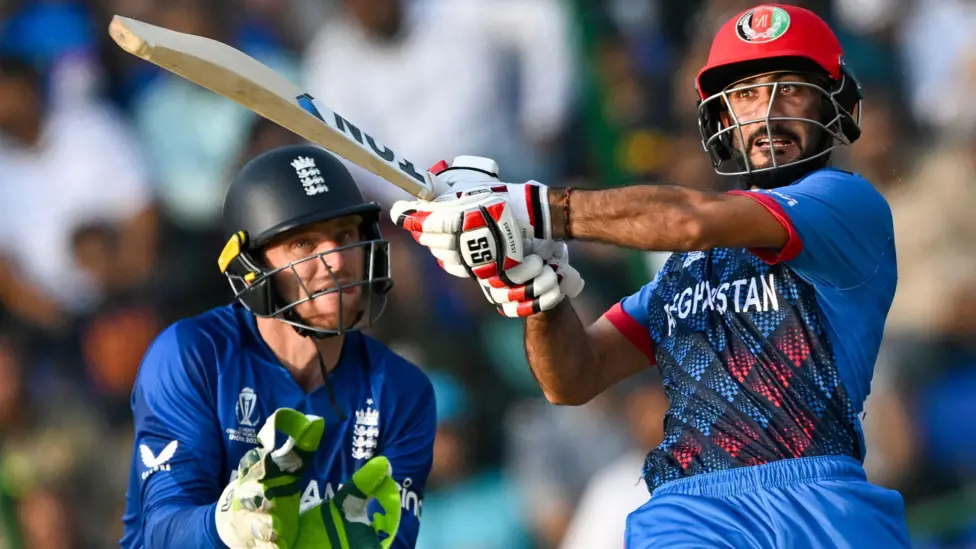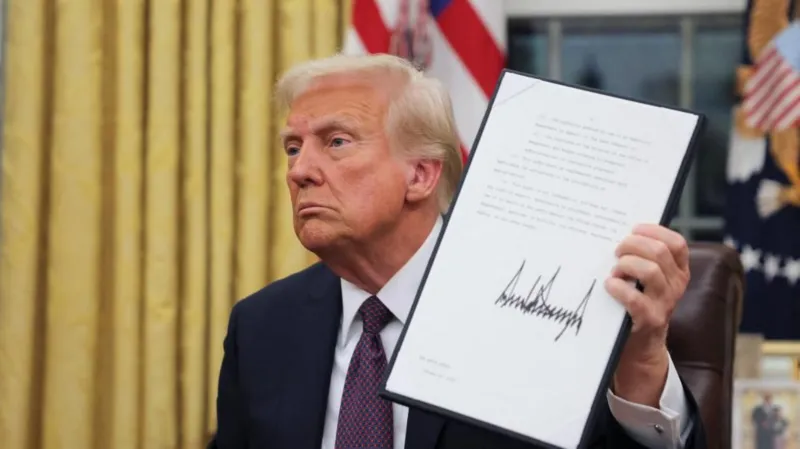The England and Wales Cricket Board (ECB) has officially responded to growing calls for a boycott of their scheduled cricket fixtures against Afghanistan. The calls, which stem from ongoing concerns about Afghanistan’s political and social situation, particularly the treatment of women and girls under the Taliban regime, have gained traction among cricket fans, human rights groups, and even some players.
The controversy centers on Afghanistan’s lack of commitment to international human rights norms, especially after the Taliban’s rise to power in 2021. Critics argue that the Afghanistan Cricket Board (ACB) operates under a regime that systematically suppresses basic freedoms, especially for women, who have been excluded from education, employment, and sports. The issue has raised questions about whether international sporting events should serve as platforms for diplomatic pressure or remain insulated from political disputes.
In a statement released by the ECB, the board acknowledged the concerns raised but emphasized their commitment to engaging with all ICC member nations. “Cricket has always been a force for unity and understanding across cultures,” the statement read. “While we are aware of the broader geopolitical and humanitarian issues, our focus remains on the development and growth of the sport worldwide.”
The ECB added that it would continue to consult with stakeholders, including the UK government, the International Cricket Council (ICC), and other cricketing boards, to ensure that their decisions align with the values of inclusivity and respect for human rights. The board also stressed the importance of using cricket as a means to foster dialogue and build bridges between nations.
However, critics argue that engagement without accountability may send the wrong message. Prominent human rights organizations have called on the ECB to take a firmer stance by canceling matches against Afghanistan or imposing conditions, such as the inclusion of a women’s cricket program, before resuming bilateral ties. They argue that doing so would apply pressure on Afghanistan’s rulers to reconsider their policies and demonstrate a commitment to the values upheld by the global cricketing community.
Players have also weighed in on the debate, with some expressing discomfort at the idea of competing against a team that represents a regime widely condemned for its human rights abuses. Others have highlighted the complexity of the situation, noting that Afghanistan’s cricketers, like any athletes, should not be penalized for decisions made by their government.
This is not the first time the intersection of politics and sports has come under scrutiny. Similar debates have arisen in the past with other nations, where cricket was seen as either a vehicle for protest or an opportunity for engagement. The ICC has historically sought to remain neutral in such matters, emphasizing its role as a governing body for the sport rather than a political entity.
As the fixture date approaches, the ECB faces mounting pressure to balance its commitment to cricket with its moral obligations as a global institution. The outcome of this debate will likely set a precedent for how the cricketing world navigates similar challenges in the future. For now, the situation remains fluid, with both supporters and critics awaiting the ECB’s final decision.
The question of whether to proceed with or boycott the Afghanistan fixture has become a litmus test for the sport’s ability to reconcile its principles with the complexities of a politically charged global stage.




















